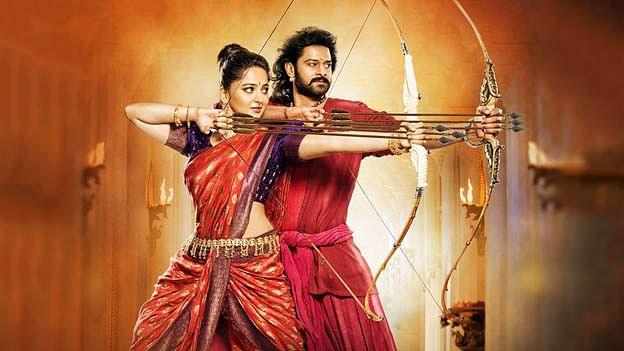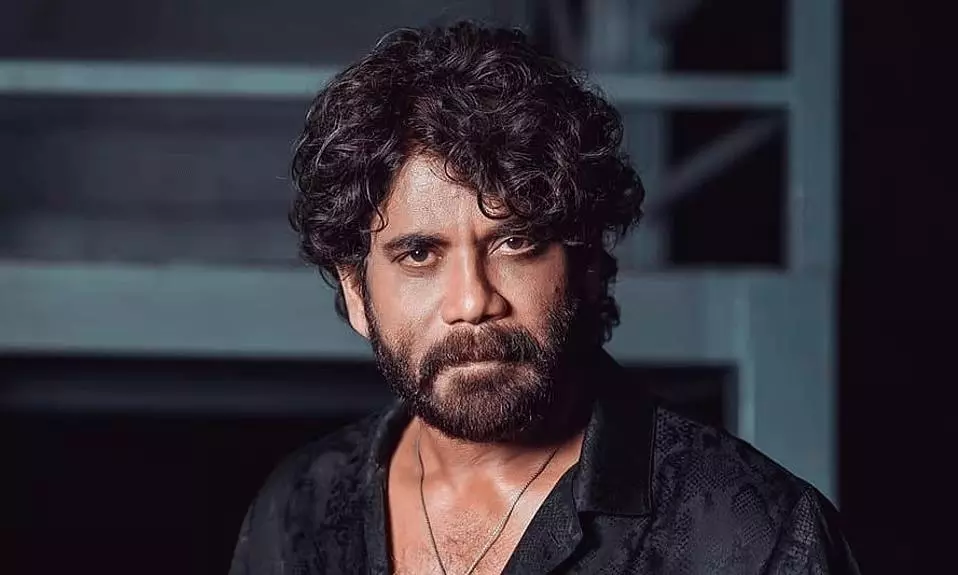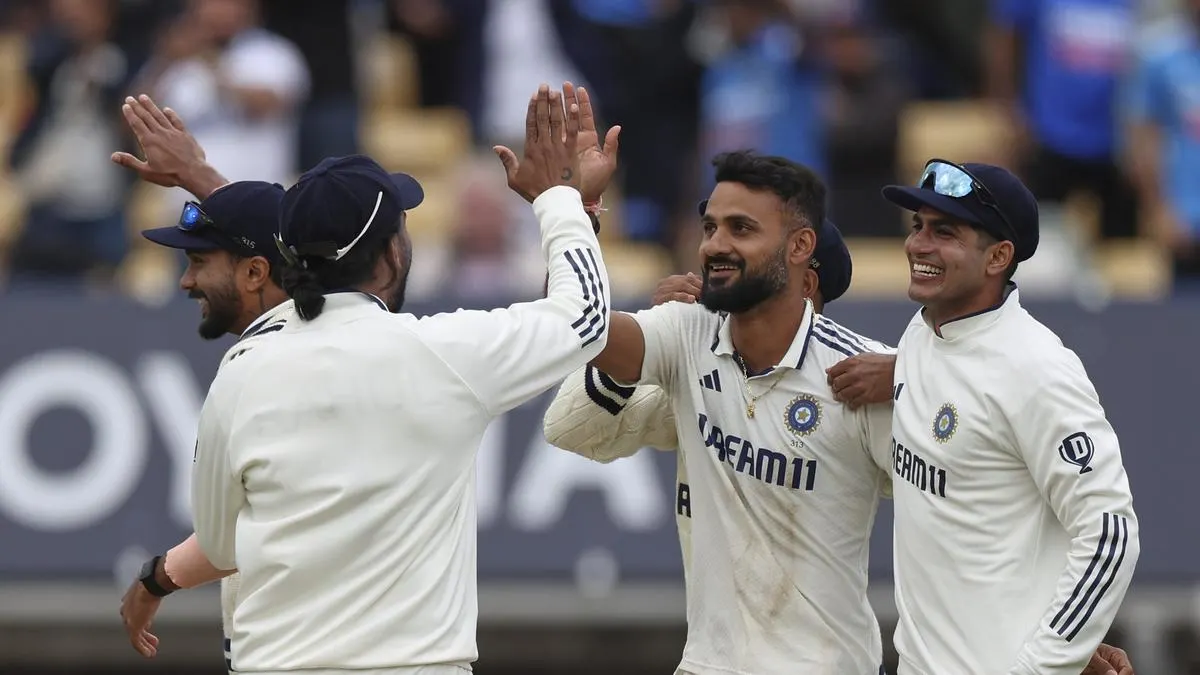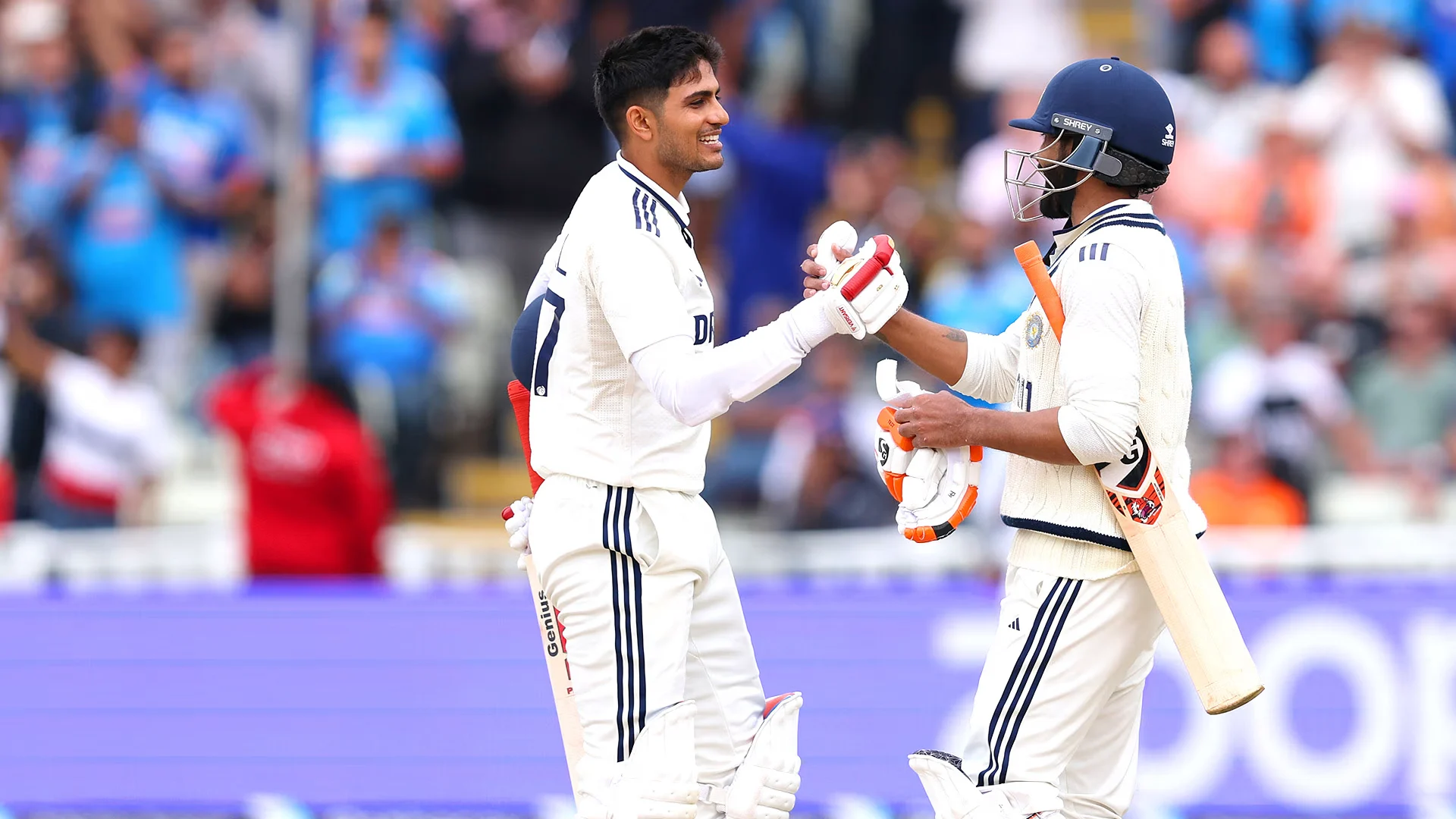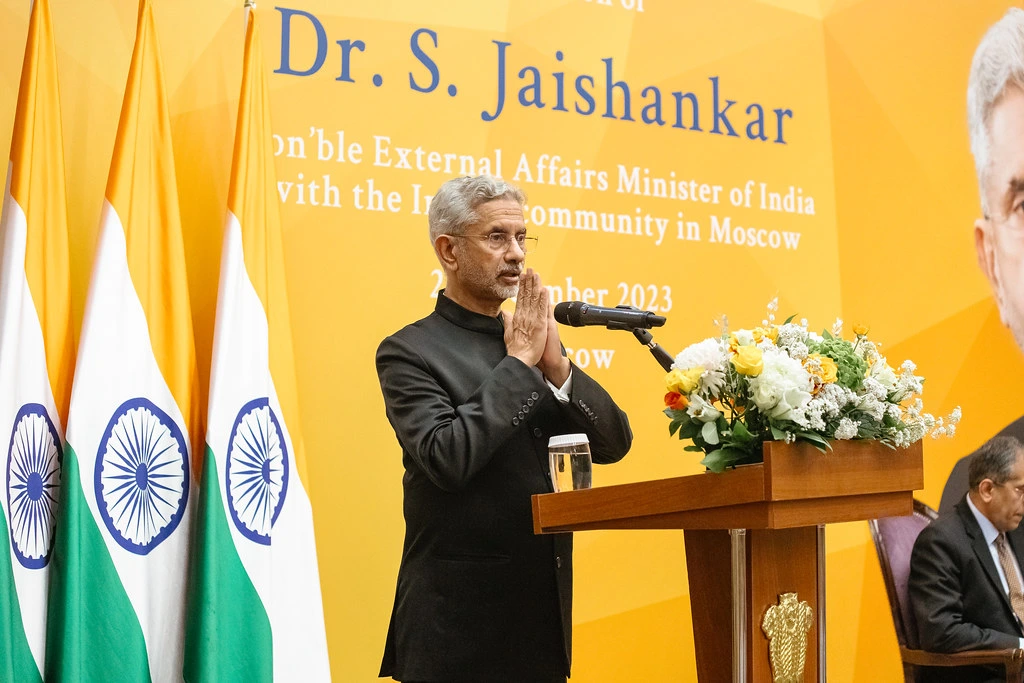
India has always held a significant place in global geopolitics, but 2025 marks a new era, thanks to S. Jaishankar and India’s assertive diplomacy. As the world becomes increasingly multipolar, under External Affairs Minister Dr. Subrahmanyam Jaishankar, India is rewriting diplomatic rules, shifting paradigms, and reshaping global alliances with precision and purpose.
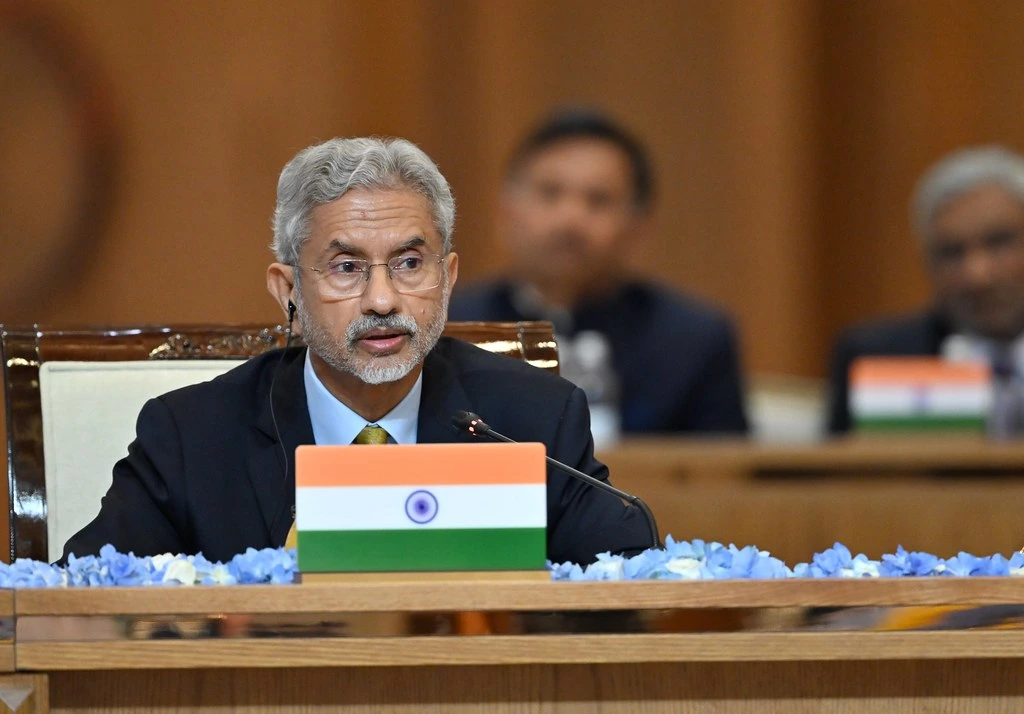
The Rise of S. Jaishankar and India’s Assertive Diplomacy
Dr. S. Jaishankar, a seasoned diplomat and former foreign secretary, has transformed India’s foreign policy from passive participation to strategic assertiveness. In 2025, S. Jaishankar and India’s assertive diplomacy stand as a testament to India’s confidence in defending its national interest while fostering new-age global cooperation.
This transformation isn’t just about bold speeches or strong statements—it’s about calculated moves on the geopolitical chessboard. India’s foreign relations today are guided by realism, reciprocity, and robust national self-interest.
Focus on Strategic Partnerships and Regional Balance
A cornerstone of S. Jaishankar and India’s assertive diplomacy in 2025 is India’s strategic partnerships. With the rise of regional rivalries and power shifts, India has strengthened ties with the United States, Japan, France, and Australia while maintaining a neutral yet firm stance with Russia and China.
For example, India’s growing role in the Quad alliance emphasizes Indo-Pacific stability, maritime security, and technological collaboration. Simultaneously, India has maintained a voice of reason in BRICS, balancing its interests without compromising on sovereignty.
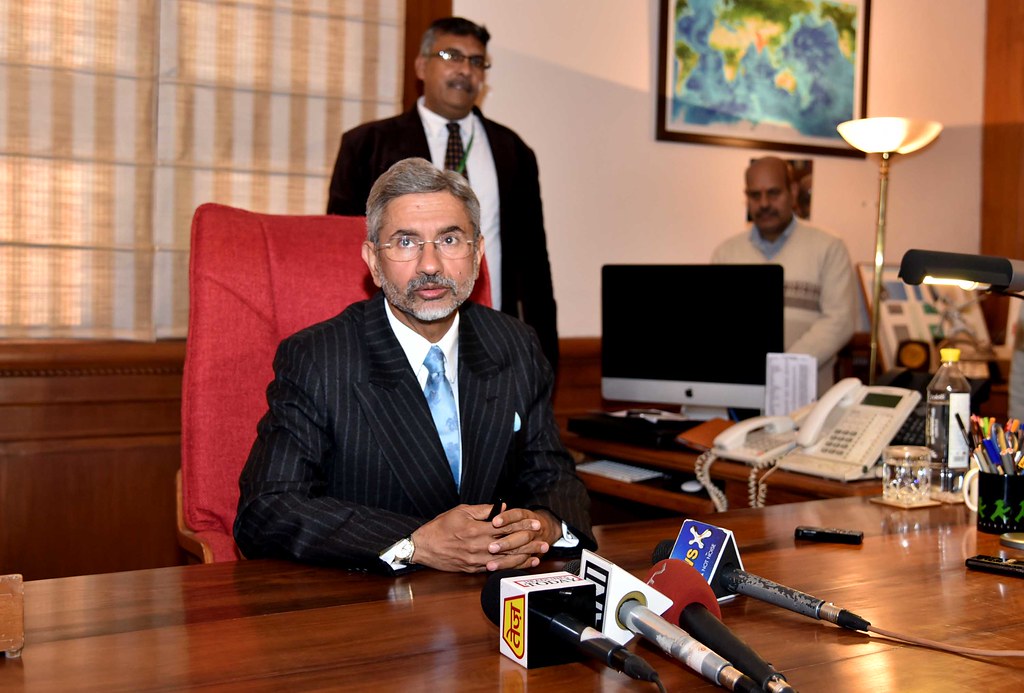
S. Jaishankar’s Vision: From Balancing to Leading
Unlike traditional diplomacy, which often leaned towards appeasement, S. Jaishankar and India’s assertive diplomacy promote leadership and influence. In multiple global forums—be it the G20, SCO, or UN—India has emerged as a participant and policy shaper.
S. Jaishankar’s approach emphasizes:
- Strategic Autonomy: India won’t align blindly with any global power.
- Reciprocity in Diplomacy: Mutual respect and equal partnership.
- Issue-Based Coalitions: Aligning based on interests, not ideology.
India’s independent stand on issues like the Russia-Ukraine war, the Israel-Palestine conflict, and global trade policies underscores a new confidence in navigating turbulent waters.
Assertive Yet Respectful: India’s Stance in International Forums
Another remarkable aspect of S. Jaishankar and India’s assertive diplomacy is the ability to voice strong opinions without alienating allies. Whether it’s countering Western double standards or defending the Global South’s voice, Jaishankar uses diplomatic finesse backed by facts and data.
In 2025, India’s push for UN reforms, its demand for a permanent seat in the Security Council, and its advocacy for climate justice reflect a nation that is vocal, respected, and reliable.
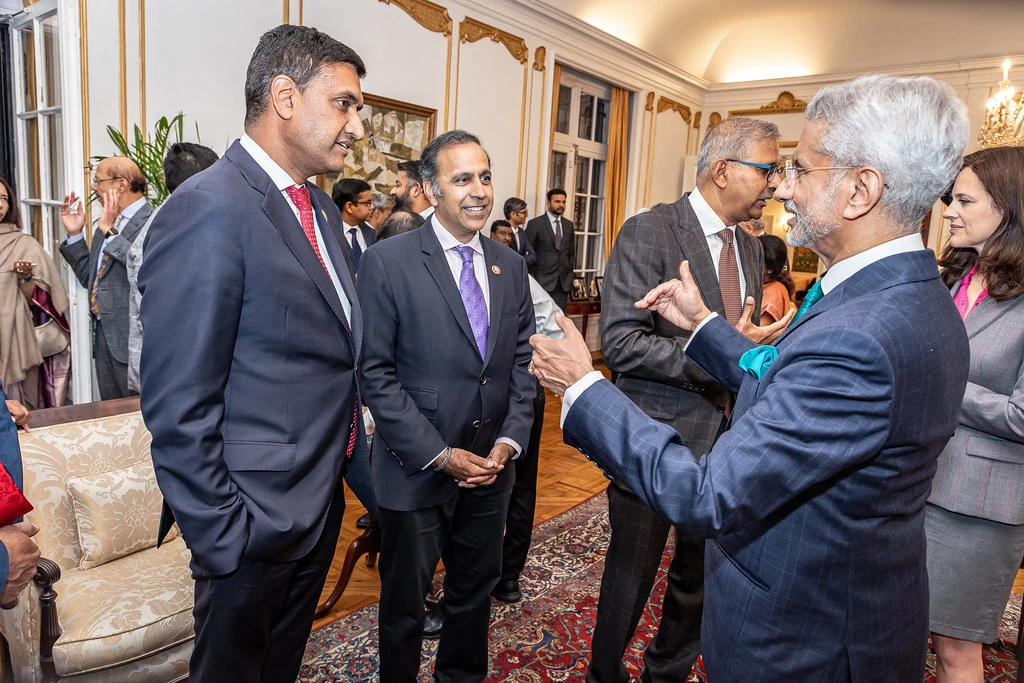
Trade and Technology: Redefining Soft Power Diplomacy
India’s assertiveness also extends to the economic and technological fronts. Under S. Jaishankar and India’s assertive diplomacy, India has signed landmark Free Trade Agreements (FTAs), bolstered digital partnerships, and positioned itself as a tech-democracy in contrast to authoritarian models.
Collaborations in AI, semiconductors, cybersecurity, and green energy with nations across Europe and the Indo-Pacific show that India is not just a market, but a trusted innovation hub.
Crisis Management and Consular Excellence
Evacuation of Indian nationals from conflict zones, such as Sudan and Ukraine, and swift diplomatic interventions during international crises have become hallmarks of S. Jaishankar and India’s assertive diplomacy. The Indian passport has gained more respect globally, and embassies are now seen as proactive centers for citizen welfare.
Conclusion: A New India on the Global Stage
In 2025, S. Jaishankar and India’s assertive diplomacy represent more than just foreign policy—they symbolize a shift in India’s self-perception and global posture. No longer content with being a silent observer, India is now a dynamic force—confident, visionary, and assertive.
Dr. Jaishankar’s blend of intellect, clarity, and realism has not only redefined how India negotiates its place in the world but has also inspired other developing nations to stand tall. As India moves forward, this assertive diplomacy will continue to shape a world that respects dialogue, diversity, and democratic values.
Read More: India and Russia 2025: Top Strategic Allies Reshaping the Best Global Power Balance
FAQs
What is India’s current foreign policy approach under S. Jaishankar?
India’s current foreign policy is assertive, pragmatic, and interest-driven. It focuses on strategic autonomy, balanced diplomacy, and strengthening regional and global influence.
Why is S. Jaishankar’s diplomacy called ‘assertive’?
Because it moves away from passive engagement to bold, interest-first foreign policy—defending India’s positions firmly while maintaining respectful dialogue.
How has India’s role in global alliances changed in 2025?
India has become a central player in alliances like the Quad and BRICS and has forged new partnerships in technology, trade, and defense, reflecting global trust in India’s leadership.



